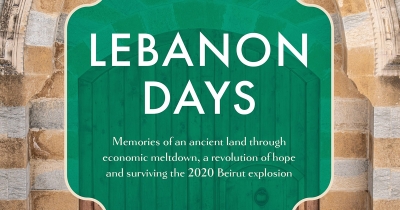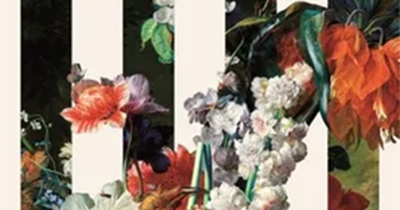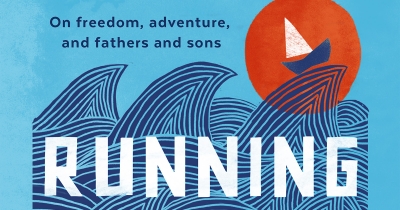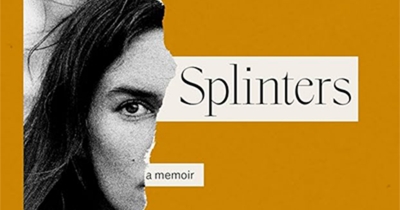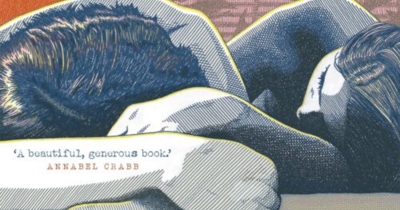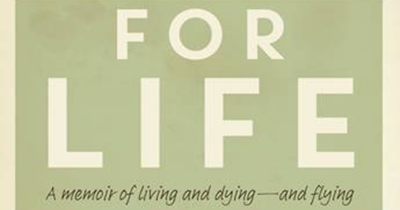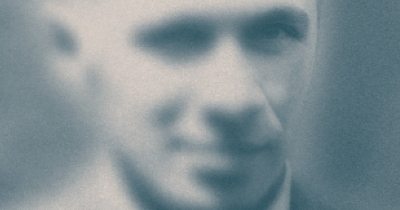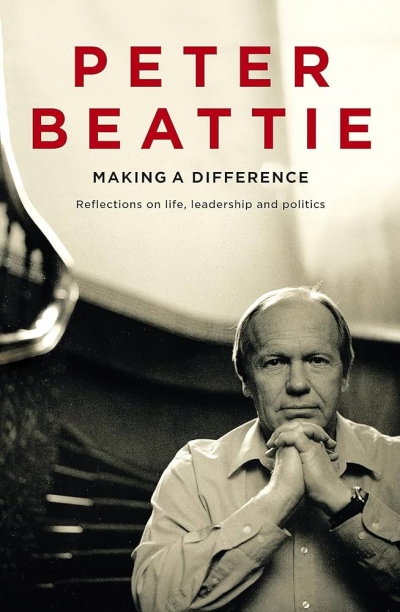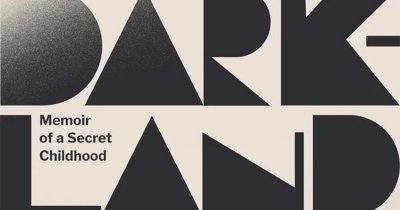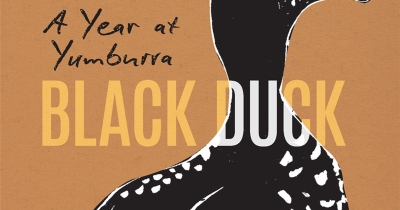Memoir
Lebanon Days: Memories of an ancient land through economic meltdown, a revolution of hope and surviving the 2020 Beirut explosion by Theodore Ell
by Richard Freadman •
The Garden Against Time: In search of a common paradise by Olivia Laing
by Kate McFadyen •
Running with Pirates: On freedom, adventure, and fathers and sons by Kári Gíslason
by Shannon Burns •
For Life: A memoir of living and dying – and flying by Ailsa Piper
by Brenda Walker •
Making a Difference: Reflections on life, leadership and politics by Peter Beattie (with Angelo Loukakis)
by John Wanna •
Black Duck: A year at Yumburra by Bruce Pascoe with Lyn Harwood
by Seumas Spark •

